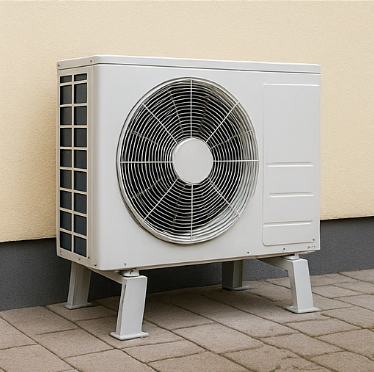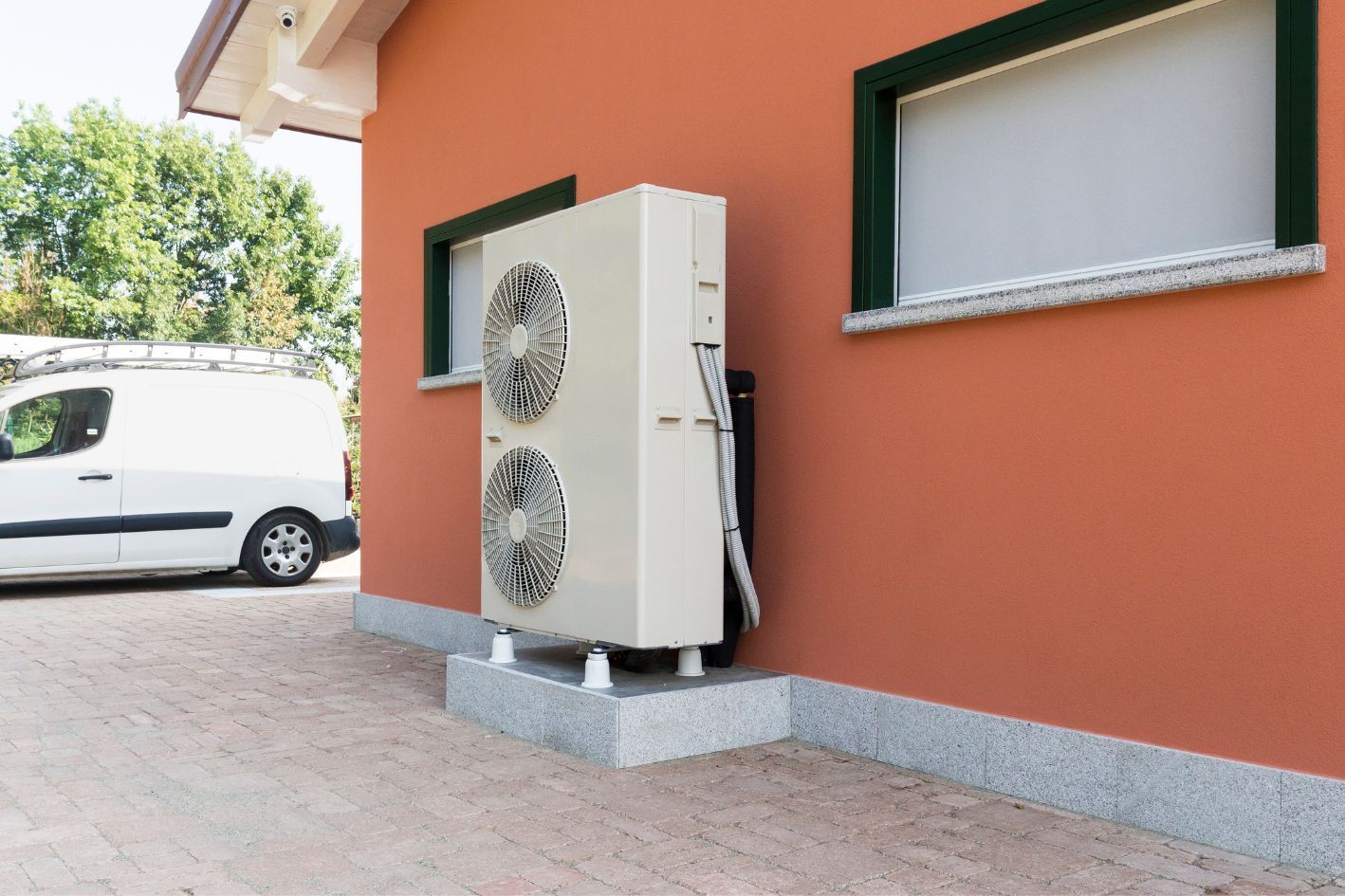Air Source Heat Pumps and Radiators: Can They Work Together?
Are Radiators and Air Source Heat Pumps Compatible?
Traditional water heaters consume a significant amount of energy, contributing to higher utility bills and a greater environmental impact. Air source heat pump water heaters offer a more innovative alternative. Unlike conventional systems that generate heat directly, these innovative units extract warmth from the surrounding air and transfer it to your water – a process that's two to three times more energy-efficient than standard electric resistance models.
How They Work
Heat pump water heaters operate on a clever principle: they move heat rather than create it. Using a refrigeration cycle similar to the one that keeps your fridge cold (but in reverse), they pull ambient heat from the air, concentrate it, and transfer it to water in the storage tank. This approach requires significantly less electricity than heating water directly with resistance elements.
Financial Benefits That Matter
The
cost savings from switching to an air source heat pump water heater are substantial. Households can reduce water heating expenses by up to 60% compared to conventional electric models. While the initial investment may be higher, the reduced operating costs quickly offset this difference. Many homeowners save hundreds of dollars annually, with total savings exceeding $5,600 over the system's lifetime.
Environmental Advantages
Beyond your wallet,
heat pump water heaters benefit the planet. They produce fewer
greenhouse gas emissions than traditional systems, making them an
eco-friendly choice for environmentally conscious homeowners. By consuming less electricity, they reduce demand on power plants and lower their household's carbon footprint.
Consistent Performance
Modern air-source heat pump water heaters provide reliable hot water for all your household needs. Technological
advancements have improved their performance even in cooler environments, making them practical for most climates. Many models include backup heating elements to ensure you're never without hot water, even during exceptional cold snaps.
The shift to an
air source heat pump water heater represents a forward-thinking decision that balances comfort, financial wisdom, and environmental responsibility. With substantial energy savings and reduced emissions, these systems offer a practical path to more sustainable home comfort.












